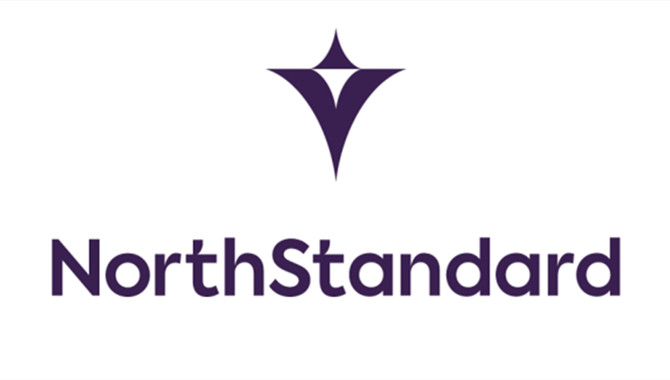This represents the most significant piece of English legislation affecting bills of lading in 30 years because, in common with some other jurisdictions like Singapore, English law will now recognise that, in the right circumstances, an electronic bill of lading can have the same legal effects as a paper bill of lading.
It has long been recognised that an electronic bill of lading is capable of fulfilling two of the traditional functions of a paper bill of lading, namely that it can be a receipt for cargo received for shipment and it can evidence the terms of the contract of carriage. However, it is considered that an electronic bill of lading is not capable of fulfilling the third function of a paper bill of lading: its role as a document of title. For carriers in particular, this meant uncertainty about whether delivery of goods according to an electronic bill of lading protected a carrier against claims for misdelivery.
We will consider the provisions of the Electronic Trade Documents Act 2023 in more detail in the upcoming Fourth Edition of our guide Bills of Lading: A Guide to Good Practice. In short, the Act provides that an electronic trade document governed by English law is equivalent to a paper bill of lading provided certain gateway criteria are met.
Those criteria are that the electronic trade document should contain a certain minimum amount of information; be capable of exclusive control and allow a holder to divest itself of that control; the underlying electronic trade system must be reliable and have integrity; and, it should be possible to identify what is an original electronic trade document and what is a copy and to identify who uniquely controls the electronic trade document at any point in time.
Providers of electronic trading systems will look to try and ensure their systems fulfil all of these gateway criteria and in time one will no doubt be tested by the English courts.
At present, cover for liabilities arising in respect of carriage of cargo under electronic (paperless) trading systems is as set out under the various club circulars on this topic. Since February 2010, such liabilities are covered provided the electronic trade system is first approved by the International Group and this remains the position.
Source:
NorthStandard

 Ningbo Containerized Freight Index Weekly Commentar
Ningbo Containerized Freight Index Weekly Commentar  Ningbo Containerized Freight Index Weekly Commentar
Ningbo Containerized Freight Index Weekly Commentar  Ningbo Containerized Freight Index Weekly Commentar
Ningbo Containerized Freight Index Weekly Commentar  BIMCO Shipping Number of the Week: Bulker newbuildi
BIMCO Shipping Number of the Week: Bulker newbuildi  Ningbo Containerized Freight Index Weekly Commentar
Ningbo Containerized Freight Index Weekly Commentar  Ningbo Containerized Freight Index Weekly Commentar
Ningbo Containerized Freight Index Weekly Commentar